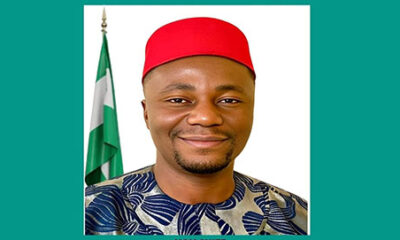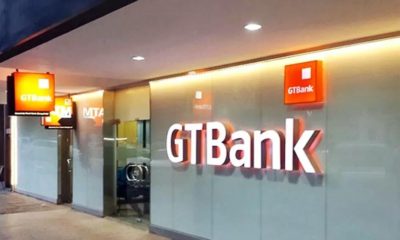Kaspersky, a global leader in next-generation cybersecurity solutions and services, has ranked South Africa and Nigeria as the most attacked nations online in Africa.
In its latest report, Kaspersky listed South Africa as the 82nd most attacked nation globally while Nigeria and Kenya were ranked as the 50th and 35th, respectively.
According to the leading cybersecurity company, these three nations are becoming key targets for cyber threats.
Speaking on the development, the Head of the Global Research & Analysis Team (GReAT) for META at Kaspersky, Dr. Amin Hasbini explained businesses in the African region need to be cautious.
He said “Criminal attacks are mainly driven by the pursuit of financial profit, whereas advanced attacks indicate how cyber threat actors continually adapt their tactics and tools to breach security measures. A significant portion of the attacks witnessed across Africa are shaped by the rapidly changing geopolitical landscape. However, a growing concern is that cybercriminals are learning from successful advanced attacks to refine their craft.
“Threats to critical infrastructure, financial institutions, government entities, and service providers have predominated the cyber threat landscape over the past year. We have witnessed different threat actors target various businesses across industries.”
The report further disclosed that in the first quarter of 2023, South Africa received 106,000 attack attempts via backdoor and spyware, the two main types of attack in Africa.
While in Nigeria, total attempts of 46,000 were made and 143,000 were recorded in Kenya.
Hasbini added, “Threats to critical infrastructure, financial institutions, government entities, and service providers have predominated the cyber threat landscape over the past year. We have witnessed different threat actors target various businesses across industries.
“Businesses should consider leveraging advanced technologies such as threat feeds, security information and event management systems, endpoint detection and response solutions, and tools with digital forensics and incident response features. It is vital to understand that cyber security measures are an ongoing endeavour – and that there is no universal solution to secure a corporate network or data.”
















